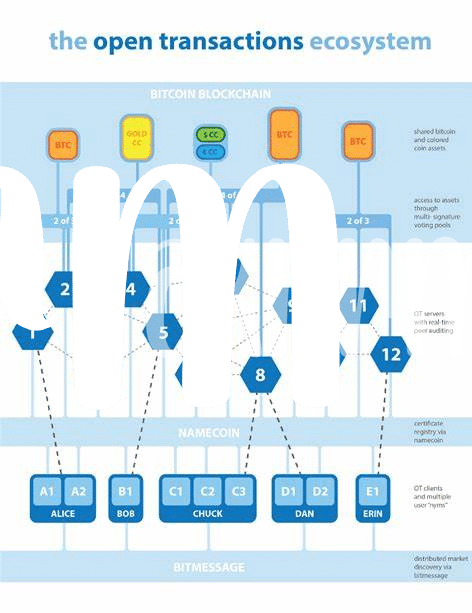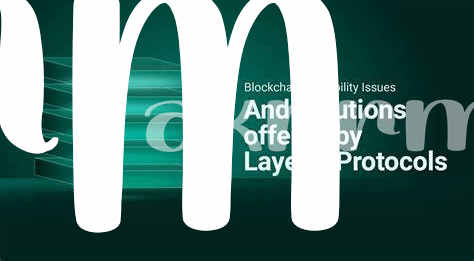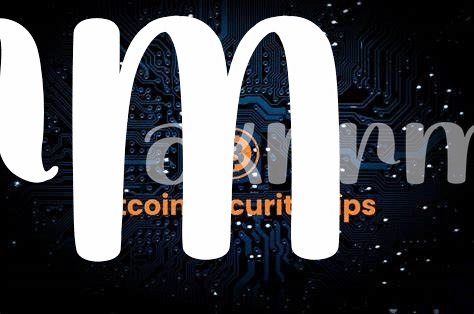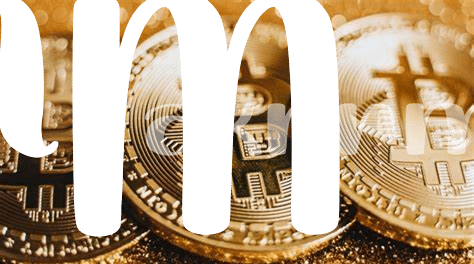What Are State Channels? 🌐

Imagine two friends, Alex and Jamie, who love collecting and trading stickers. Every time they want to swap stickers, they must ask a teacher to oversee the trade, ensuring each one gives and gets what they agreed upon. This process can be slow and sometimes, the teacher is too busy to help right away. State Channels are like a special notebook given to Alex and Jamie by the teacher. Inside, they can write down all their trades, make as many swaps as they like, and when they’re done, they show the final swap to the teacher to approve. This way, they don’t need to wait for the teacher every time they want to trade stickers.
Now, think of Bitcoin transactions like trading stickers, but instead of a teacher, we use a technology called “Blockchain” to make sure everything’s fair and secure. However, the Blockchain can get pretty crowded, making things slow. State Channels help by allowing a bunch of transactions to happen off the main Blockchain, speeding things up. It’s like Alex and Jamie’s notebook, where they can trade stickers (or in this case, Bitcoin) swiftly among themselves, only checking in with the Blockchain (the teacher) once they’re all done. This makes trading stickers, or transferring Bitcoin, much faster and more efficient.
| Feature | Explanation |
|---|---|
| Quick Transactions | Similar to swapping stickers directly without waiting for a teacher’s approval, State Channels allow faster Bitcoin transactions by operating outside the main Blockchain. |
| Efficiency | By reducing the need to record every single transaction on the Blockchain, State Channels minimize congestion and fees, much like the notebook reduces the teacher’s workload. |
How State Channels Power up Bitcoin ⚡
Imagine Bitcoin as a busy highway where every transaction is a car. During peak hours, this highway gets congested, causing delays and increasing toll charges (transaction fees). This is where state channels come in, acting like a private road that allows specific cars (transactions) to bypass the busy highway. By creating a direct path between two parties, state channels enable multiple transactions to occur away from the main blockchain, like settling transactions privately without having to wait in line. Once finished, the final outcome gets recorded on the blockchain, ensuring security while significantly cutting down on wait times and fees.
Moreover, state channels are not just about speed and efficiency; they also empower Bitcoin with new capabilities. For instance, they allow micropayments to flow seamlessly, facilitating new types of transactions that were previously too costly or slow. This opens up a world of possibilities, from paying per article on a news site to rewarding users for small tasks online. By enhancing Bitcoin’s functionality, state channels pave the way for innovative applications and uses, demonstrating that Bitcoin’s potential goes beyond what’s written in its original code. Interested in understanding more about Bitcoin’s potential for social good? Check out https://wikicrypto.news/decentralized-finance-bridging-the-gap-for-the-unbanked for insights into how decentralized finance is making a difference.
State Channels Vs Traditional Bitcoin Transactions 🥊

When we talk about sending money to a friend using Bitcoin, traditionally it’s like mailing a letter 💌—you put it in the mailbox (the blockchain), and it gets delivered, but it might take some time and cost a bit for the stamp (transaction fees). Now, imagine you could just hand over the letter personally and skip the post office line entirely—that’s what state channels allow you to do with Bitcoin transactions! 🚀 They’re like private tunnels that let you exchange Bitcoin away from the usual busy roads of the blockchain, making the journey much faster and cheaper since you’re not paying fees every time. But unlike the public blockchain, where everyone can see the transaction, these state channels keep things under wraps until you’re ready to settle up. It’s a bit like running a tab at your favorite coffee shop ☕; you can keep adding to it, and only when you’re ready to pay up do you settle the bill in one go. This direct approach not only saves time and money but also provides a smoother ride for Bitcoin to zip around in, making it easier to use for everyday things. So, while traditional transactions are secure and transparent, they can sometimes be slow and costly, especially when the network is busy. State channels offer a nifty sidestep to these issues, promising a speedier and more cost-effective future for Bitcoin transactions.
Setting up Your Own State Channel 🛠

Imagine wanting to upgrade your Bitcoin game by creating a special connection that lets you send and receive Bitcoin smoothly, without waiting for the usual checks and balances of the blockchain. This special link is known as a state channel, and setting it up might sound complex, but with a few steps, you’re closer to having a more efficient Bitcoin experience. First off, you and the person you want to transact with agree to keep some of your transactions off the public ledger, sort of like making a pinky promise to settle your payments between yourselves before telling the blockchain. To make this happen, you both lock up a certain amount of Bitcoin in a joint account—think of it as a shared digital wallet. This is your playground; within it, you can pass Bitcoin back and forth an endless number of times, quickly and with minimal fees. Once you’re done transacting, you settle up by updating the blockchain with your final balances. What’s exciting is you can also tap into resources that guide you through secure practices in setting up your channel, ensuring your Bitcoin journey is safe. A deep dive into bitcoin philanthropic initiatives investment strategies reveals the essence of security and clever investment, crucial for anyone looking to establish a robust state channel. And there you have it, your very own express lane in the Bitcoin world, making your transactions quicker and more private.
Real-world Uses of State Channels Today 🌍
Imagine a world where buying a cup of coffee with Bitcoin is as quick and hassle-free as using cash. Thanks to state channels, this isn’t just a dream. These special lanes allow Bitcoin transactions to happen off the main chain, making them faster and cheaper. Think of it like a tab at your favorite coffee shop. Instead of paying for each cup as you go, you open a tab (state channel), enjoy your coffees throughout the month, and settle the bill in one go. This method has already started to change how we use Bitcoin for everyday purchases, from your morning coffee to online gaming, where players can now make instant, micro-transactions without clogging up the blockchain.
In the world of digital art and collectibles, also known as NFTs, state channels are making waves too. Artists and collectors exchange unique digital items without waiting hours for transactions to clear or paying hefty fees. This innovation not only makes buying and selling digital art more accessible but also opens the door for artists to create and monetize their work in completely new ways. The potential doesn’t stop there – from smart contracts that execute automatically to decentralized apps running smoother than ever, state channels are laying the groundwork for a truly scalable Bitcoin future.
| Sector | Application of State Channels |
|---|---|
| Coffee Purchases | Instant, micro-transactions for everyday purchases without blockchain fees |
| Online Gaming | Seamless in-game currency transactions, enhancing user experience |
| Digital Art & Collectibles (NFTs) | Efficient, cost-effective trading and monetization of digital items |
Potential Future for Bitcoin with State Channels 🔮

Imagine a world where Bitcoin transactions happen almost instantly, with minimal fees, and without adding congestion to the network. This could soon become a reality with the help of state channels. These innovative channels offer a promising avenue for overcoming current limitations, foreseeably transforming Bitcoin into a more efficient and scalable currency. By allowing transactions to occur off the main blockchain, state channels could enable Bitcoin to handle the massive volume of transactions that the modern digital economy demands, making it a viable option for everyday use on a global scale.
Moreover, the integration of state channels holds significant potential to bridge the gap for the unbanked populations by offering more accessible and affordable financial services. This could be especially transformative in regions where traditional banking infrastructures are lacking or non-existent. By leveraging state channels, Bitcoin could potentially offer a secure and efficient way to engage with the global economy, facilitating everything from small-scale transactions to large business operations. For an in-depth look into how Bitcoin aims to address some of the most pressing concerns in this area, such as bitcoin mining process security concerns, it’s clear that the future of financial transactions could be on the cusp of a major evolution. 🌍⚡🔮
